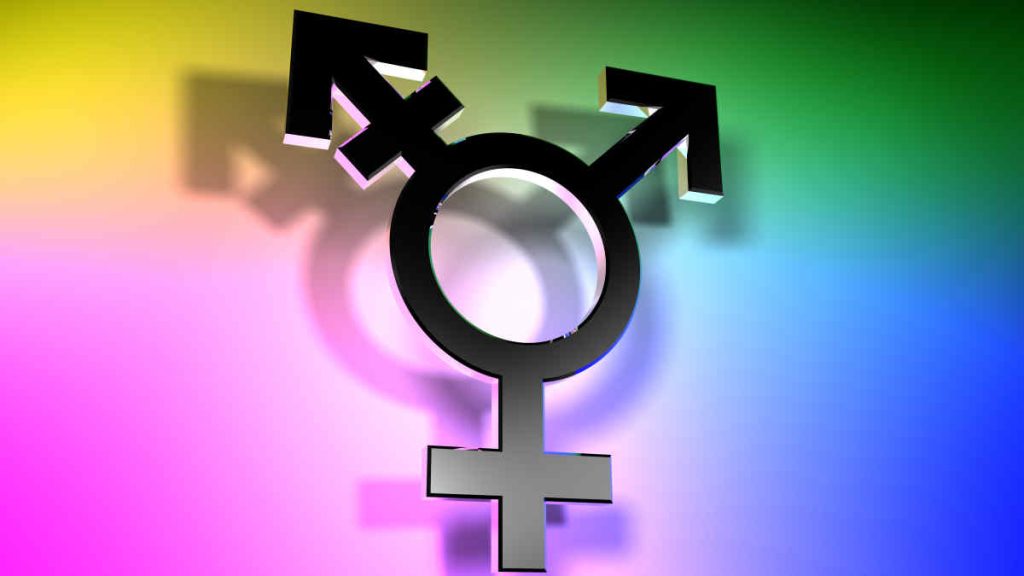When examining the complex subject matter of Transgender and Religion, Navigating Faith and Identity, it is crucial to consider various perspectives. The intersection of gender identity and religious faith has been a focal point of discourse, particularly in the United States. This article aims to shed light on the experiences of transgender people in diverse faith communities, exploring the challenges and triumphs they encounter in their spiritual journeys.
Examining Gender Identity in Diverse Faiths: Christian, Buddhist, Jewish, Hindu, Sikh, and Islamic Perspectives
The topic of emerging gender identities has gained prominence within scholarly circles across the globe. Researchers in university press from New York, NY, Washington DC, and San Francisco et al. have contributed considerably to the discourse on understanding gender identities within diverse faith communities.
Christian Faith, in particular, has seen a variety of perspectives on the understanding of gender identity. Dr. Mark Yarhouse, a well-known clinical psychologist at Wheaton College, has conducted extensive research on gender dysphoria, encouraging the Christian faith community to foster understanding and empathy towards transgender individuals.
Emerging adults struggle with sexual identity, which sometimes puts them in direct conflict with their religious beliefs. This complex dynamic is equally challenging in the Jewish, Buddhist, Hindu, Sikh, and Islamic faith communities as they navigate transgender issues.
LGBTQ+ Religion: An Initiation to Affirming Mosques and Churches
In recent years, there has been a rising acceptance of sexual diversity within some religious institutions. In many cities across the United States, including Washington DC and New York, faith spaces known as “Affirming Mosques and Churches” have opened their doors to the transgender community and other LGBT individuals.
These religious affiliations serve as solace for those wrestling with their sexual identity. Navigating transgender issues within these religious institutions can be complex; however, the increasing acceptance within religious communities contributes significantly to the mental health and overall quality of life of transgender persons.
Sacred Journeys: Understanding The Intersection Of Gender Expression, Nonbinary Believers, And Spirituality
Understanding gender expression among transgender individuals can be a unique spiritual journey. For many, the journey involves grappling with gender dysphoria and identity reaffirmation in gender-affirming health care. Despite confrontations with societal norms, many nonbinary believers have found solace in their sacred journeys.
Julia Sadusky, a prominent researcher in San Francisco University Press et al., emphasizes understanding gender dysphoria is key to providing proper transgender health care. Responsible health care, intertwined with acceptance of the Christian faith and other religious beliefs, significantly boosts the mental health and wellness of transgender individuals.
Inclusivity In Religious Practices For Genderqueer Individuals: Trans Rights In The Faith Context
Transgender youth and transgender persons at large have been pressing for inclusivity in religious practices. The fight for transgender rights has found its way into religious circles, and many religious beliefs and institutions are now dealing with this reality.
Religious institutions, especially in cosmopolitan cities such as New York and San Francisco, are increasingly recognizing the importance of affirming the emerging gender identities seen in their congregations. This critical discourse affects all aspects of life, from civil rights in the United States to health care, further discussed by researchers like Mark Yarhouse, Julia Sadusky, and many others in the field.

Fostering Religious Diversity And Gender Inclusivity: A Look At LGBTQ-Affirming Religious Communities
Religious diversity and gender inclusivity are two critical aspects of the modern religious landscape in the United States. A noteworthy segment of this landscape is LGBTQ-affirming religious communities, where individuals can express their gender identities freely.
Christian perspective on these issues varies; however, reflections by Dr. Mark Yarhouse et al. about understanding gender in the context of the Bible shed light on the possibility of religious beliefs aligning with the gender spectrum. This inclusivity nurtures the mental health and overall wellness of transgender individuals, youth, and adults alike.
Addressing Acceptance In Religious Institutions: Faith And Transgender Rights
Across the United States, from San Francisco to New York, NY, et al., many Christian faith communities are working towards making their spaces more inclusive for LGBT individuals. Addressing the alignment between societal understanding of gender and religious acceptance has proven essential for enhancing mental health among transgender individuals.
Gender Identity And Religious Beliefs: A Discourse On Spiritual Exploration Of Gender
The spiritual exploration of gender brings a unique set of challenges for transgender persons. Despite the challenges, faith communities across New York, NY, Washington DC, and San Francisco et al. are becoming more accepting of transgender individuals, fostering a sense of spiritual fulfillment and improving mental health in transgender persons.
Defining The Role Of Religious Tolerance For Gender Diversity In Faith And Gender Expression
In conclusion, the role of religious tolerance in fostering gender diversity is paramount. Communities across the United States are paving the way for a future where faith does not invalidate but rather supports gender expression and sexual orientation. It is a necessary step for improving the mental health and overall quality of life for all individuals within the gender spectrum.
Through this article, we hope that readers will come away with a deeper understanding of how transgender individuals navigate their faith and identity in religious communities. The journey is complex, but with understanding, empathy, and acceptance, it is undoubtedly a journey worth taking.






